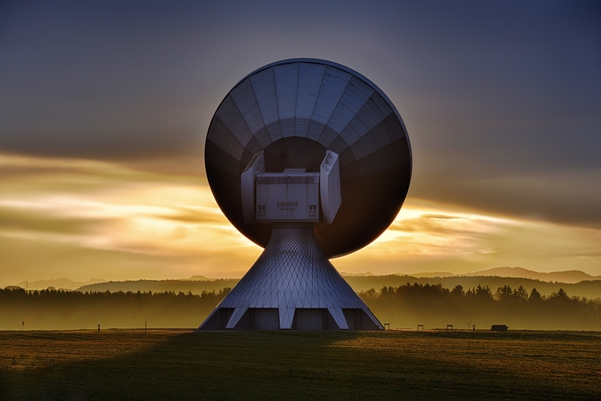The Future of Satellite Internet Hinges on 3 Factors
As cool as satellite internet is, there are a lot of complaints with it. But what if there was better technology? What if it wasn't about technology at all?

The Future of Satellite Internet Hinges on 3 Factors
As cool as satellite internet is, there are many complaints about its reliability and speed. However, with advancements in technology and new strategies, the future of satellite internet looks promising. Here are three key factors that will shape its future:
1. Viable Infrastructure
To improve satellite internet, there needs to be a well-structured infrastructure. Companies like SpaceX with its Starlink project, and Amazon with Project Kuiper, are developing extensive networks of low Earth orbit (LEO) satellites to provide more reliable and faster internet. These LEO satellites reduce latency and improve signal strength by being closer to Earth compared to traditional geostationary satellites.
2. Early Adopters
Early adopters play a crucial role in the success of new technologies. These are the individuals and organizations willing to test and refine satellite internet systems despite initial bugs and challenges. Their feedback and usage help improve the technology, making it more reliable and appealing to a broader audience.
3. Effective Marketing
Effective marketing is essential for the widespread adoption of satellite internet. Companies need to clearly communicate the benefits of their services, such as faster speeds, lower latency, and wider coverage, especially in rural and underserved areas. Highlighting successful case studies and user testimonials can also drive adoption.
The Problems
Weather and Geography: Satellite internet faces challenges from weather conditions and geographical obstructions. LEO satellites aim to mitigate these issues by providing multiple paths for signal transmission, reducing the impact of weather and obstacles.
Signal Strength: Improving signal strength and reducing latency are critical. LEO satellites orbiting closer to Earth can provide stronger signals and faster data transmission compared to traditional satellites.
The Players
SpaceX: With its ambitious Starlink project, SpaceX plans to deploy thousands of LEO satellites to provide global high-speed internet coverage. This network aims to offer competitive speeds and lower latency.
Amazon's Project Kuiper: Similar to Starlink, Amazon's Project Kuiper aims to launch a constellation of LEO satellites to deliver high-speed internet worldwide. The project focuses on serving rural and remote areas with limited connectivity options.
OneWeb: Another key player, OneWeb, is building a network of LEO satellites to offer broadband services globally. Their focus is on creating a robust and scalable satellite internet infrastructure.
Conclusion
The future of satellite internet hinges on creating a viable infrastructure, attracting early adopters, and effective marketing. With companies like SpaceX, Amazon, and OneWeb leading the charge, satellite internet has the potential to revolutionize connectivity, especially in rural and underserved areas. As technology advances and networks expand, satellite internet will become a more reliable and competitive option for high-speed internet access.
Relevant Links from KonectEaze
- Hidden Corners of the Internet: Exploring Niche Online Communities
- at&T 5g home internet vs t mobile 5g home internet
- Discovering Connectivity: Top Public Wi-fi Spots In Round Rock, Texas
- San Antonio Austin Corridor Broadband Options
- Beyond Speed Tests: Real-World Impact of Your Internet Connection on Daily Life
For more detailed information, visit the full blog post on Konecteaze.




